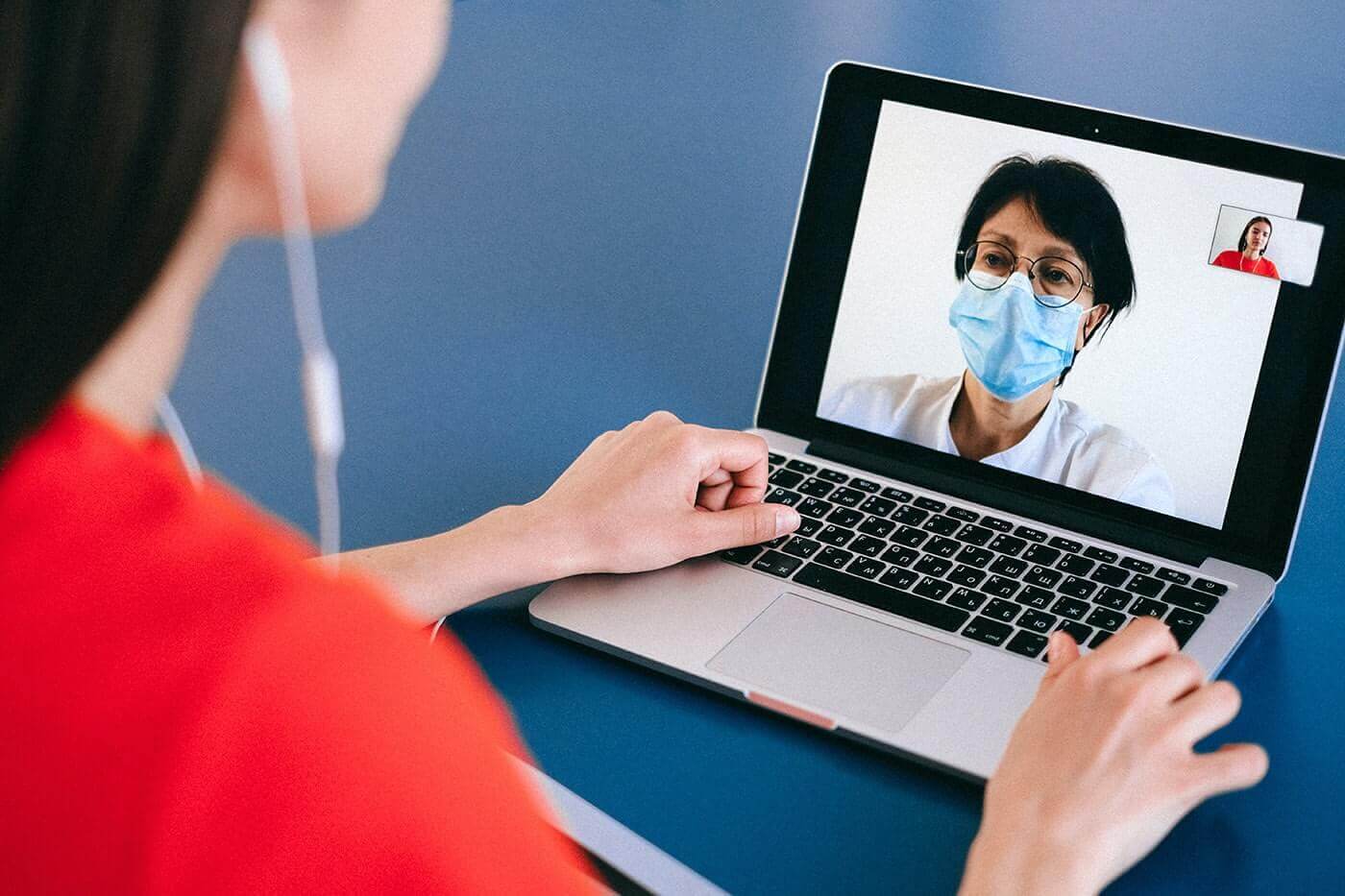
As challenges presented by the COVID-19 pandemic continue to stretch limited hospital resources, St. Bernards Medical Center in Jonesboro will begin offering acute-level hospital care to eligible patients in their homes. The program, known as St. Bernards AcuteHealth at Home, was recently granted waiver approval by the Centers for Medicare and Medicaid Services (CMS) through a federal initiative known as the Acute Hospital Care at Home program.
In response to the pandemic, CMS has extended regulatory flexibilities to hospitals to allow them to provide care in alternative settings and still receive payment by Medicare. In March 2020, CMS launched the Hospitals Without Walls program, which allows hospitals to move patients to facilities including ambulatory surgery centers, inpatient rehabilitation hospitals, hotels, and dormitories to receive care. In November 2020, CMS announced the Acute Hospital Care at Home program, which expands on the Hospitals Without Walls program by allowing hospitals to provide care to patients in their homes.
Requirements for hospitals to participate in the program include having doctors or advanced nurse practitioners evaluate patients on a daily basis, either in person or remotely, and providing two in-person visits to each patient daily by either a registered nurse or a mobile integrated health paramedic, depending on the patient’s nursing plan and hospital policies. A full list of requirements is available here. A hospital seeking to participate in the program must submit a waiver request to CMS, which has established an online portal for submissions. As of Jan. 15, 88 hospitals in 24 states had received approval to participate. St. Bernards is the only hospital in Arkansas to have received approval for the program.
While concerns regarding patient care exacerbated by COVID-19 prompted CMS to expand the ability for hospitals to offer such programs, offering in-home care to patients was already a growing trend in health care. Investments in electronic health records platforms and the increasing adoption of telemedicine technologies have helped to further establish pathways for hospitals to provide in-home care to patients.
Existing home health programs such as the one operated by Baptist Health typically include a telehealth monitoring program for patients who would benefit from daily assessments of key health indicators including blood pressure, heart rate, and blood glucose levels. At the University of Arkansas for Medical Sciences, the Institute for Digital Health & Innovation (IDHI) has several initiatives utilizing shared health data and telemedicine technologies to provide care to patients outside of a hospital setting. For example, a study supported by the IDHI to track patients with heart failure uses remote patient monitoring and medical devices which automatically upload a patient’s health data, such as blood pressure or pulse oximetry readings, taken from home to a clinician dashboard accessible by the patient’s healthcare provider. As these examples show, even before the pandemic, hospitals in Arkansas were already identifying opportunities to provide home-based care to patients to improve health-condition management and keep patients out of the emergency department and hospital inpatient settings.






